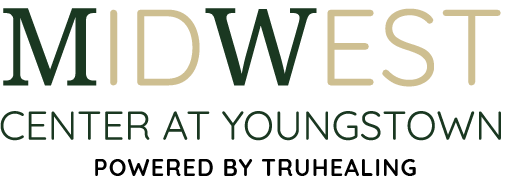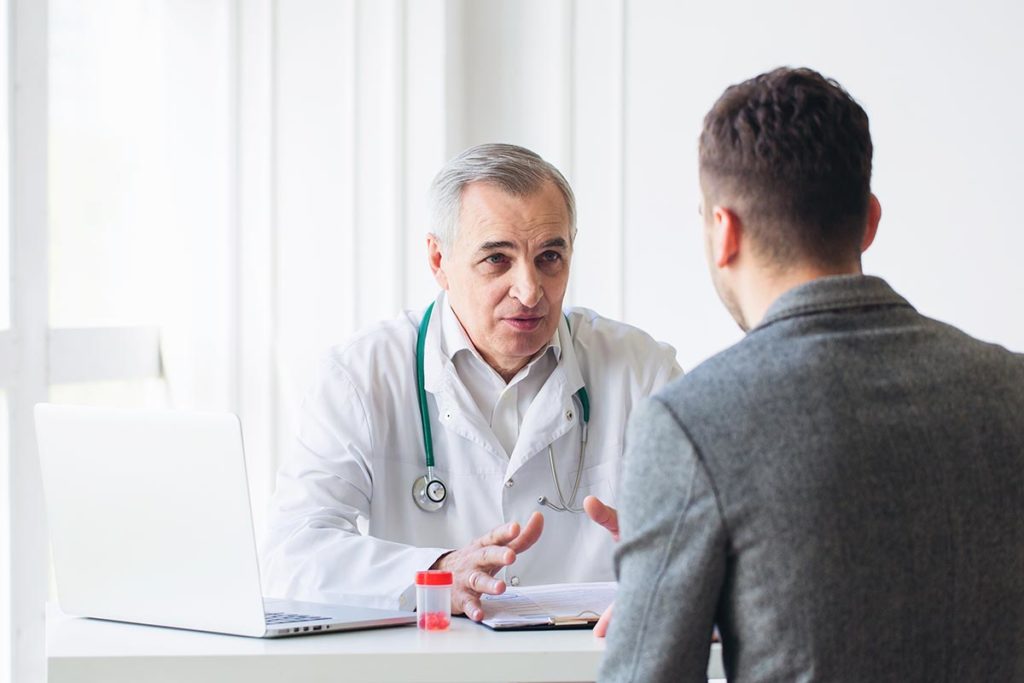Most people understand what drug abuse is, but they may still wonder, what is polysubstance abuse? Polysubstance abuse is when a person uses more than one addictive substance at the same time. One example could be someone abusing prescription medication and alcohol simultaneously. Polysubstance abuse often comes about from people trying to increase their high from using drugs. Drug combinations may indeed enhance the positive effects, but it also increases the risk of dangerous interactions, side effects, or even overdose. Reach out to Midwest Center at Youngstown at 844.544.0502 to learn about substance abuse treatment.
What Is Polysubstance Abuse?
Polysubstance abuse occurs any time a person uses more than one substance simultaneously. Answering the question, “What is polysubstance abuse?” is also possible by detailing a few of the most common combinations identified by addiction treatment specialists. Cocaine and alcohol use is one of the most common types of polysubstance abuse. Another common type of polysubstance abuse is the use of opioids and benzodiazepines.
This type of drug abuse is always more dangerous than abusing a single drug because of the potential for dangerous interactions. The exact complications depend on the drugs in question. However, the general degree of danger intensifies due to any polysubstance abuse. Three of the biggest dangers of polysubstance abuse are below.
Increased Side Effects
Every drug brings its own potential side effects to the table. Combining multiple drugs basically multiplies the type of severity of potential side effects. Some of the most common side effects related to polysubstance abuse are:
- Nausea
- Vomiting
- Balance issues
- Blood pressure problems
- Aches and pains
Health Problems
Adverse drug interactions may decrease metabolism. Why that’s a problem is because lower metabolism means the concentration of drugs in the blood goes up. This increases the chance of overdose and may lead to numerous health problems. In addition, many people who abuse multiple substances may develop chronic health concerns.
Co-Occurring Disorders
Co-occurring disorders are when a substance abuse disorder is present at the same time as a mental health disorder. Polysubstance abuse only intensifies mental health challenges. Decreased mental health, in turn, exacerbates substance abuse. This creates a vicious cycle that can be hard to overcome.
Polysubstance Abuse Treatment
Detox from polysubstance abuse is naturally more complex than it is when only one drug is being used. Most polysubstance addiction rehab programs recommend inpatient treatment to manage withdrawal symptoms better. Depending on the substances in question, medication-assisted treatment may be employed. For instance, in the case of opioid or painkiller abuse, patients may be prescribed an opioid replacement medication to ease the detox period.
A period of ongoing therapy follows detox. One high-quality method is cognitive behavioral therapy. This type of therapy emphasizes changing the underlying behavior and thought patterns that influence a person’s addiction. Dealing with any underlying mental health problems is another priority for polysubstance addiction rehab programs. No matter the approach, polysubstance abuse treatment should be tailored to an individual’s needs.
Get Treatment at Midwest Center at Youngstown
Midwest Center at Youngstown is a leader in the addiction treatment realm. We have years of experience in treating polysubstance abuse. Partial hospitalization or inpatient treatment is likely the first step. Many people resist giving up their independence and putting their lives on hold. But polysubstance addiction treatment in Ohio requires an intense focus and dedication.
Dealing with multiple substance abuse disorders at the same time is possible. It is not straightforward or something solved through a few quick fixes. Nonetheless, life transformation is possible for people who embrace treatment. Find out how Midwest Center at Youngstown can benefit you or a loved one who needs help overcoming polysubstance addiction when you call 844.544.0502.

